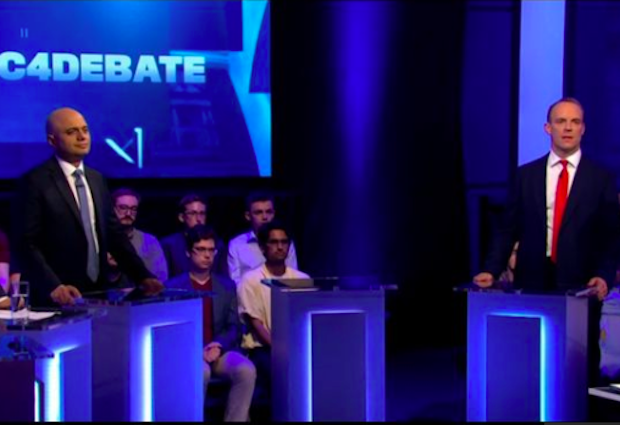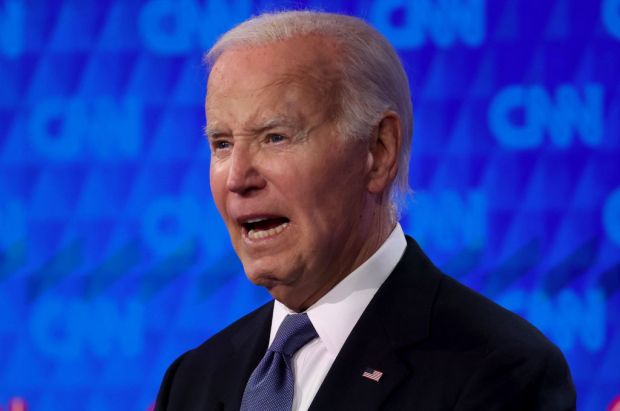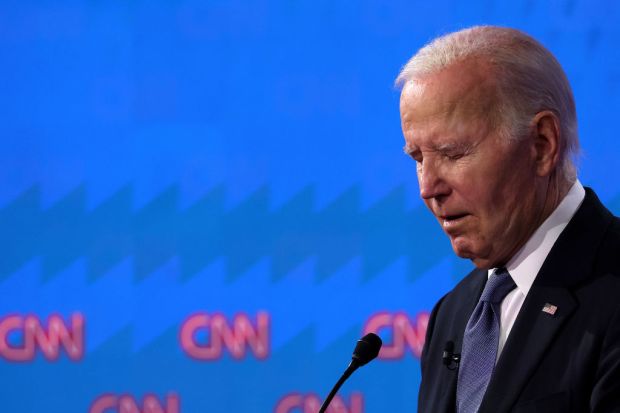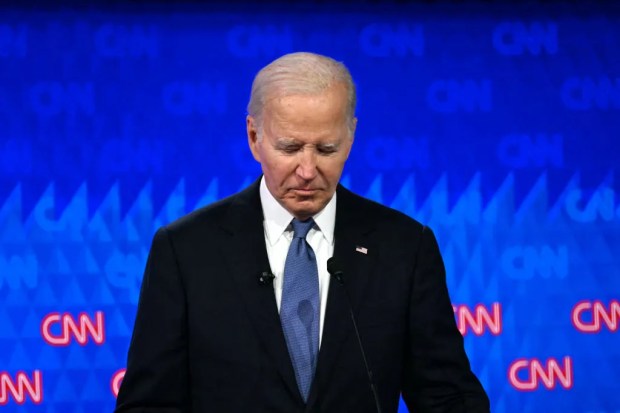The first televised Tory leadership debate drew as much attention for who wasn’t there as who was. After Boris Johnson decided to avoid the Channel 4 leadership debate on the grounds that voters had had enough blue-on-blue action (and perhaps also that as the Tory leadership frontrunner he has little to gain and much to lose from such an event), the broadcaster decided to effectively empty-chair him – putting up a lectern where he would have been.
Already a subscriber? Log in
Subscribe for just $2 a week
Try a month of The Spectator Australia absolutely free and without commitment. Not only that but – if you choose to continue – you’ll pay just $2 a week for your first year.
- Unlimited access to spectator.com.au and app
- The weekly edition on the Spectator Australia app
- Spectator podcasts and newsletters
- Full access to spectator.co.uk
Or




















Comments
Don't miss out
Join the conversation with other Spectator Australia readers. Subscribe to leave a comment.
SUBSCRIBEAlready a subscriber? Log in